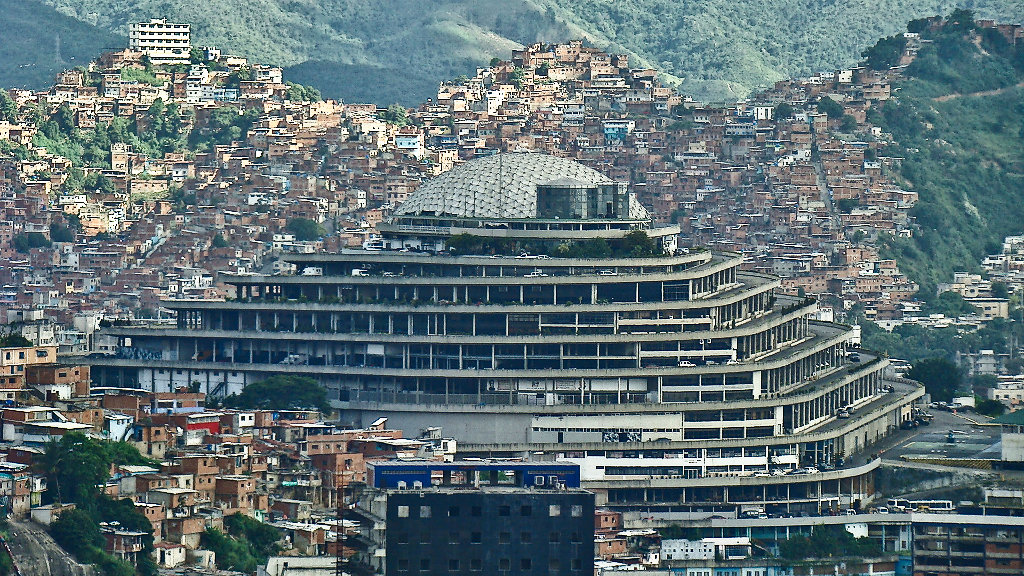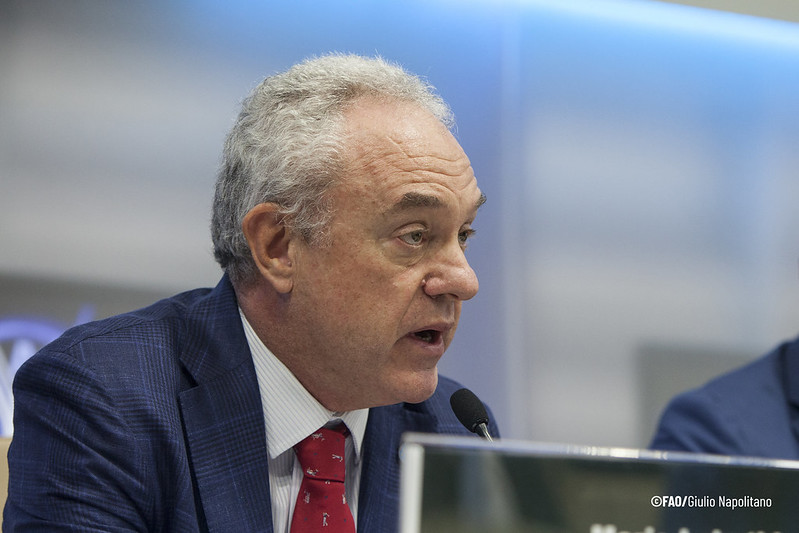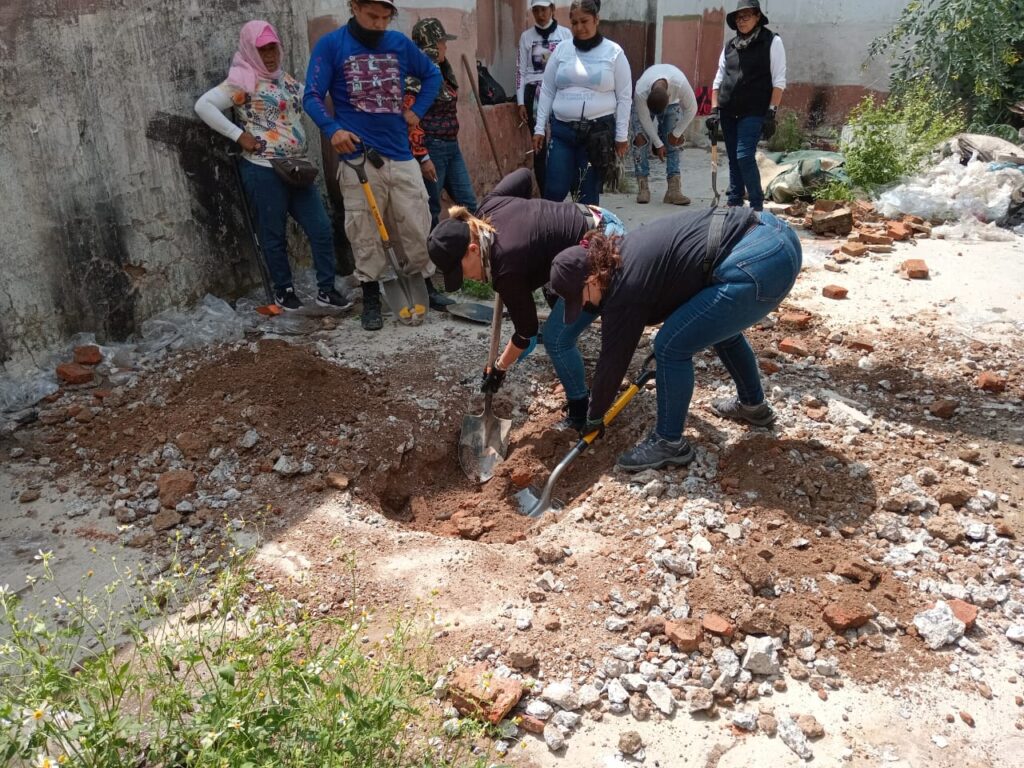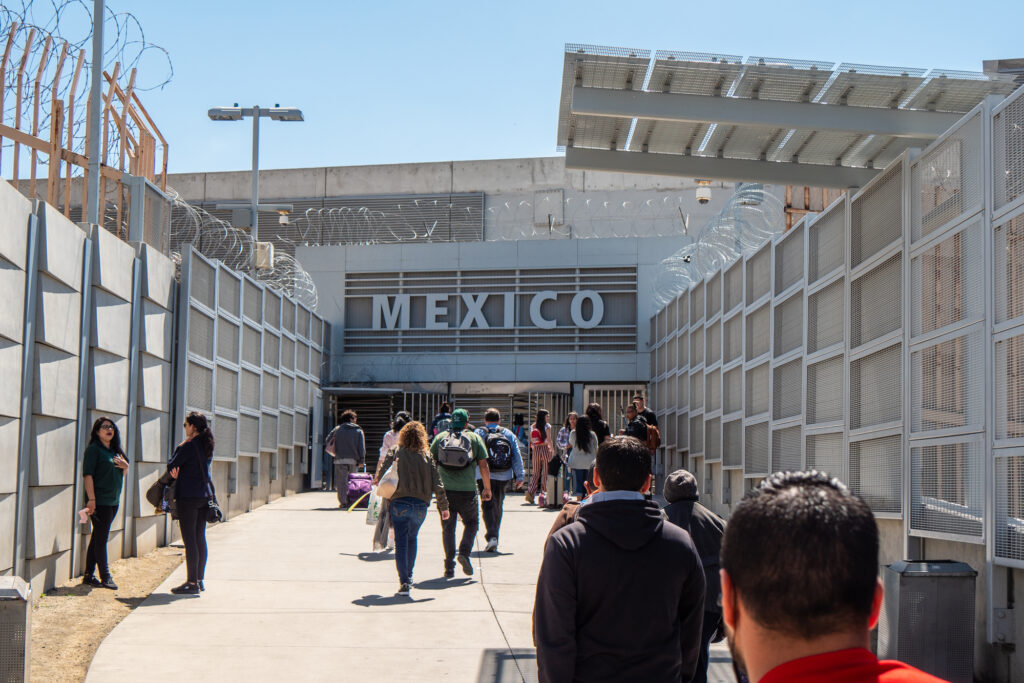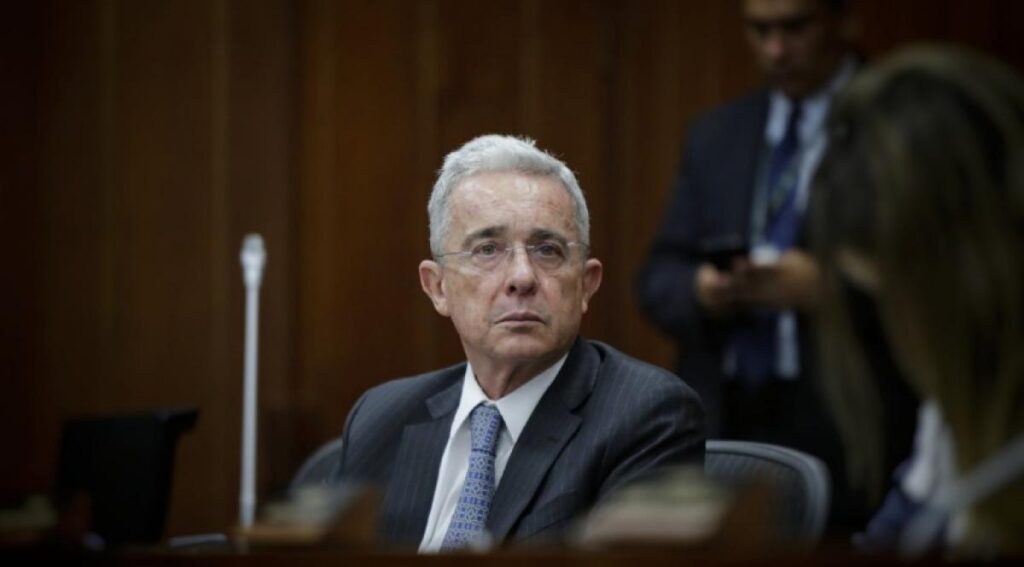Uruguay and Venezuela’s foreign ministries announced last week the renewal of consular services in both capitals, following almost a year of severed diplomatic relations after Venezuela’s controversial presidential election in July 2024.
A joint statement on June 12 said that “as a result of joint work between both parties, it has been decided to reactivate consular services of Uruguay in Caracas and Venezuela in Montevideo in the coming days, to attend the respective communities.”
Following the election in 2024, Caracas expelled Uruguayan diplomats along with those of six other Latin American countries, for failing to recognize President Nicolás Maduro’s re-election as announced by the National Electoral Council (CNE). At the time, President Luis Lacalle Pou rejected Maduro’s proclamation of victory and supported the Venezuelan opposition’s claims of fraud.
The decision to renew consular services coincides with a shift in Uruguay’s posture toward Venezuela with the arrival of left-wing President Yamandú Orsi.
At a press conference last week, Uruguay’s foreign minister, Mario Lubetkin, declared that not having “a minimum of consular relations with Venezuela is complicating everything” with the country. Hence, they were “trying to speed up the process, not for the re-establishment of diplomatic relations with Venezuela, which is not currently being considered, but for some kind of consular mechanism,” the foreign minister added.
Lubetkin cited the case of Fabián Buglione, a Uruguayan who was detained when he entered Venezuela in October 2024, as one of the reasons to seek this shift in policy. He stressed: “it is the prisoner, the citizen who dies and there will be many other cases, because there are thousands of Uruguayans in Venezuela and we have thousands and thousands of Venezuelans here.”
Despite the opening of diplomatic relations between Montevideo and Caracas, the new Uruguayan administration does not recognize the result of the 2024 Venezuelan election and Orsi has previously described Maduro’s government as “an authoritarian regime.”



